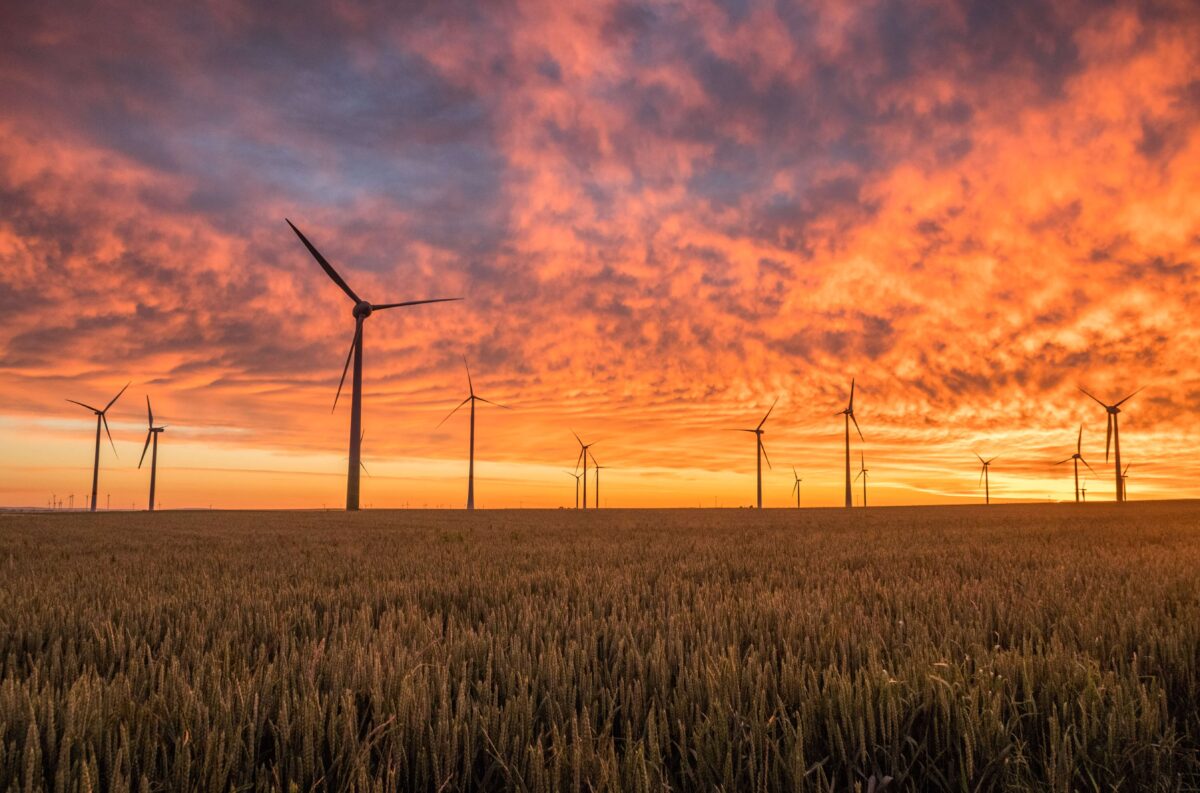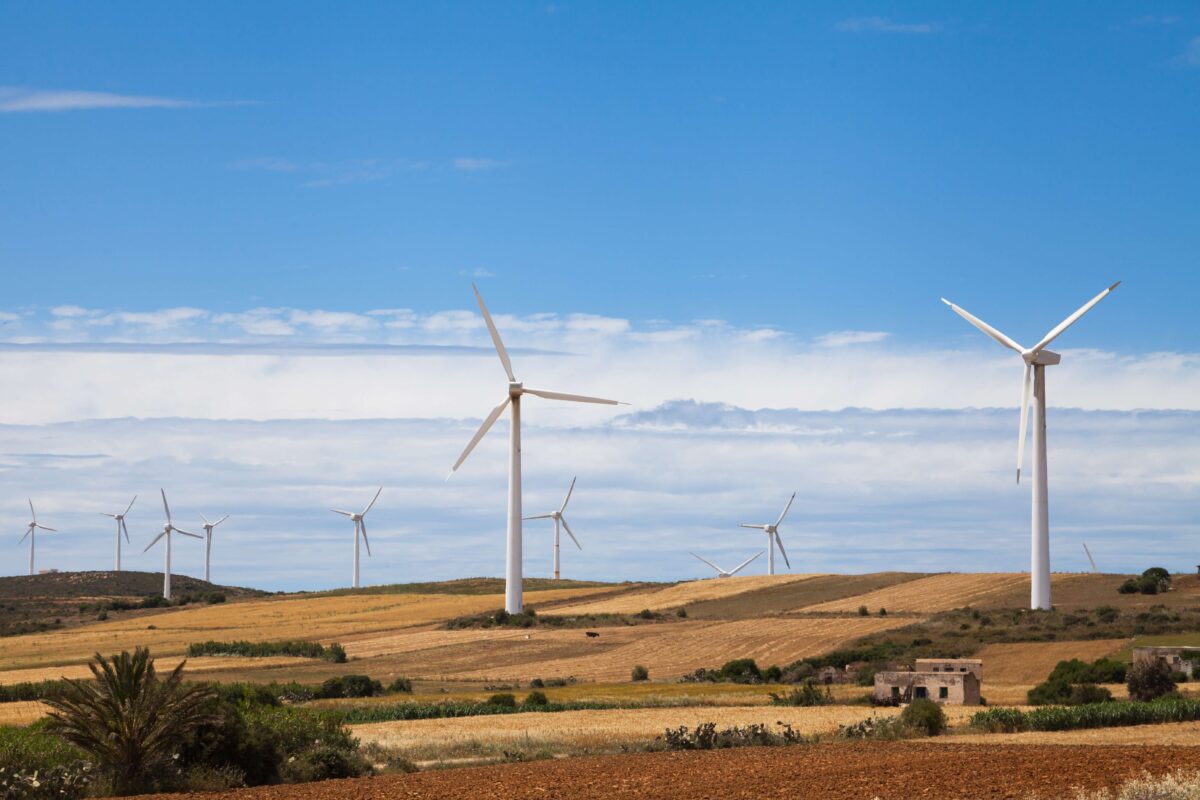Australia is set to meet its 2020 Renewable Energy Target
Australia is set to meet its 2020 Renewable Energy Target of 33,000GWh of additional generation. In a record year, Australia surpassed 1GW of installations in 2017. Over 6GW of new large-scale capacity has been announced since 2016 (46% of which is solar) with almost 5GW financed under construction or operational.
The US and South Korea have announced a £6 million partnership to support development and demonstration projects on innovative smart energy technologies and business models. The programme will involve companies from both nations and aims to reduce costs for designing and implementing smart systems and technologies.
An energy analyst from the International Energy Agency (IEA) has highlighted the need for policymakers to pay more attention to decarbonising heat. While many countries are focused on renewable electricity, sourcing renewable heat solutions can deliver substantial emissions reductions. Sweden and Denmark are leading the way with 70% and 50% of heat supplied from renewables, respectively.
Saudi Arabia plans to auction 3.25GW of solar and 800MW of wind capacity in 2018. The projects are expected to be commissioned by 2020, by which time Saudi Arabia expects to have 3.45GW of renewable energy installed with aims to increase this total to 9.5GW by 2030. In an auction for a Saudi solar power project last year, a bid was submitted that was the world’s lowest-ever solar power tariff, at US$0.0178/kWh.
Budweiser has switched all its US brewing to renewable electricity as part of its parent company AB InBev’s shift to green power. Since the start of the year, Budweiser has bought power equivalent to its US brewing demand from a 300MW wind farm in Oklahoma. Switching its US brewing to renewable electricity will save the equivalent emissions of taking 48,000 cars off the road every year. AB InBev is the world’s largest brewer and is committed to achieving 100% of its purchased electricity for brewing from renewables by 2025.
Heathrow airport is offering a £20,000 prize for innovative ideas on how to make the aviation sector more sustainable. The winning organisation will have the opportunity to use Heathrow as a ‘live laboratory’ where it can develop the concept further.
Electric vehicles
The UK government has awarded almost £30 million through Innovate UK to over 20 vehicle-to-grid (V2G) projects. The projects range from identifying value and revenues that can be generated by V2G technology to investigating how to combine V2G chargers with home battery units. The projects selected are backed by 80 companies that bring together vehicle manufacturers, energy suppliers, and academia. The winning consortiums must deliver their projects in the next 12-36 months.
As part of the recently announced Innovate UK funding, Octopus Energy will install 135 chargers in London as part of the UK’s first domestic V2G charging trial. The £7 million project will enable research into the use of domestic EV batteries to increase grid flexibility.
In a study published in Nature Energy, research from the National Renewable Energy Laboratory (NREL) finds that local clustering due to uncoordinated plug-in electric vehicle (PEV) charging will change aggregate residential demand, potentially requiring significant upgrades to local transformers and the electricity distribution infrastructure, even at low adoption levels.
BP’s venture capital arm has invested US$5 million in US mobile electric vehicle charging company FreeWire with the aim of providing charging units at retail sites in the UK and Europe this year. With the announcement, BP joins Royal Dutch Shell, which last year agreed to buy Dutch company NewMotion, the owner of one of Europe’s largest electric vehicle charging networks. These announcements come as the global economic recovery and strengthening of oil prices will likely make EVs more competitive in 2018.
Energy storage
The recently established Faraday Institute has awarded £42 million in government funding to four UK research projects focusing on key challenges for battery technologies. The University of Oxford will lead on a project concentrating on next generation solid state batteries, while the other projects involve recycling, battery system modelling, and extending battery life.
Construction of India’s largest energy storage project has begun. The 10MW project is designed to aid the integration of rooftop solar and support the distribution network in the northern part of Delhi operated by Tata Power-DDL. The India Energy Storage Alliance hopes the project will demonstrate the ancillary grid benefits of energy storage and drive another wave of utility-scale projects in India.
The addition of storage has allowed a community owned rooftop solar project to secure a long-term power purchase agreement (PPA) in Massachusetts. A 1MW/2MWh battery storage system will be installed with 1MW of PV at the site, the construction of which had been postponed due to concerns of already high solar penetration on the local grid.
A team of data scientists at the UK’s Satellite Applications Catapult (SAC) are leading an Innovate UK-funded study to detect lithium in Cornwall through vegetation and mineral analysis of satellite imagery. Global demand for lithium has soared in recent years as the demand for battery storage has increased. UK firm Cornish Lithium Ltd plans to use results from the new satellite study to improve its understanding of the region’s underground geological structures with a view to potential future extraction.




